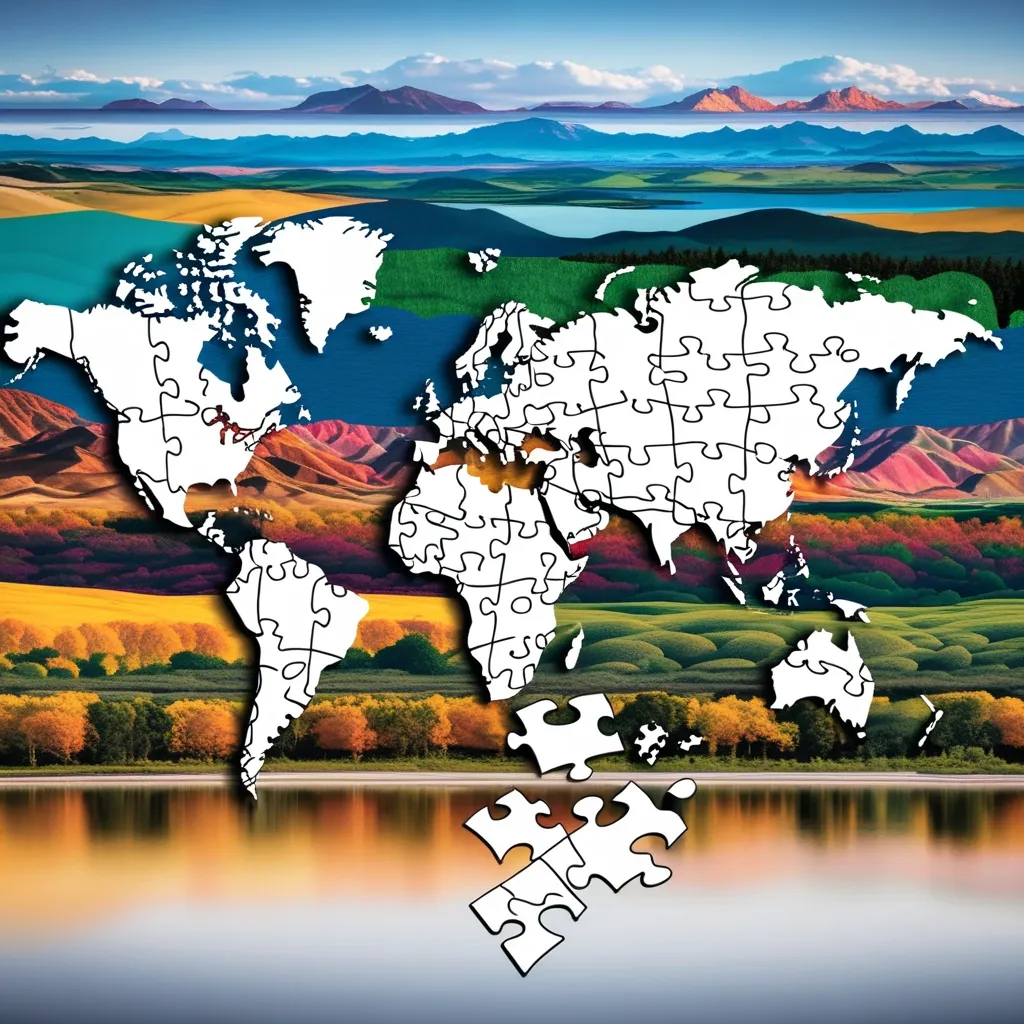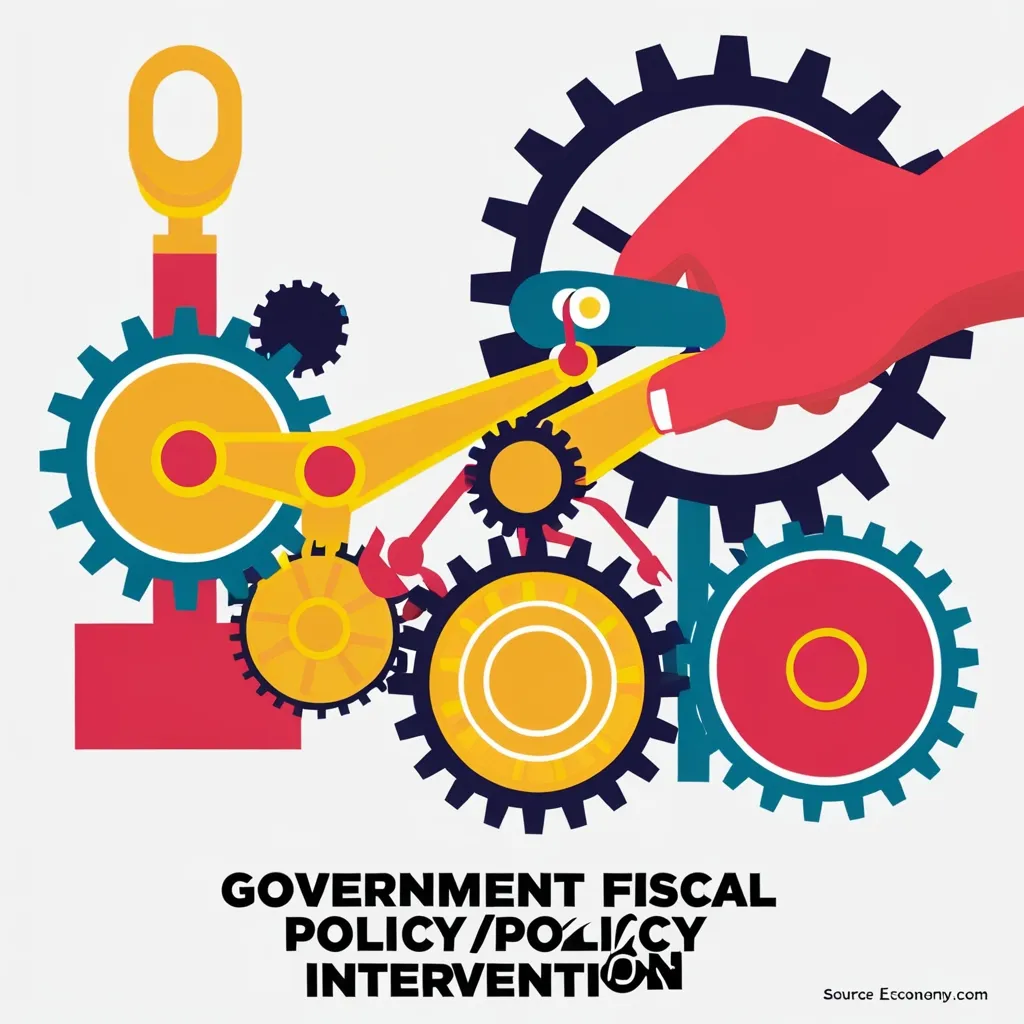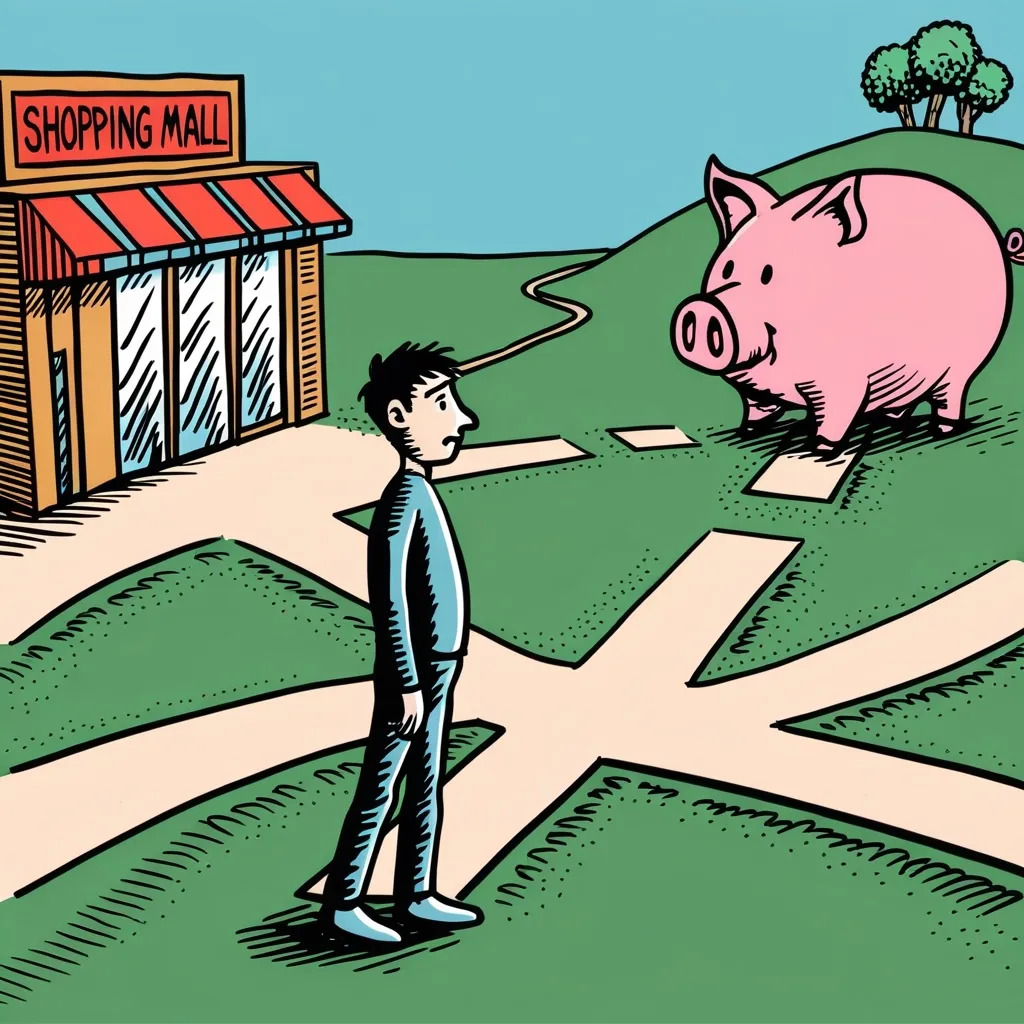Globalization’s Fading Allure: A World at a Crossroads
Remember when globalization was the golden ticket to prosperity? Well, times have changed, and the shine has worn off. It’s like that shiny new toy you couldn’t wait to get your hands on, only to realize it’s not all it’s cracked up to be.
Let’s dive into why globalization is losing its mojo and what it means for all of us.
First off, let’s talk about protectionism. It’s making a comeback like bell-bottom jeans, but with potentially more serious consequences. Countries are throwing up barriers faster than you can say “trade war.” Tariffs, export controls, subsidies - you name it, they’re using it. Why? Because people are waking up to the fact that globalization hasn’t been the rising tide that lifts all boats. Instead, it’s been more like a tsunami that’s washed away entire industries in some places.
Take the U.S. and UK, for example. There are towns where you can still feel the ghost of industries past. Steel mills, coal mines, factories - all gone with the wind of global trade. And what’s left behind? Empty shops, boarded-up houses, and a whole lot of people feeling like they’ve been left in the dust.
It’s not just about losing jobs. It’s about losing a way of life. Imagine your hometown, where everyone knew everyone, and there was a sense of community. Now picture it with shuttered stores, people moving away, and a general feeling of “what now?” That’s what globalization has done to many places.
And let’s be real, it’s not like the benefits of globalization have been spread around evenly. Sure, we can buy cheap t-shirts and gadgets, but at what cost? While some folks are living it up, others are struggling to make ends meet. It’s like a game of economic musical chairs, and not everyone gets a seat when the music stops.
Now, let’s take a quick trip around the world. The U.S. and China are having a bit of a falling out, and it’s shaking things up. Other countries are swooping in to pick up the manufacturing slack. It’s like watching a global game of industrial hot potato.
And speaking of global, let’s talk about those long, winding supply chains. The pandemic showed us just how fragile they can be. One hiccup, and suddenly we’re all fighting over toilet paper. Companies are starting to think, “Hey, maybe having everything made on the other side of the world isn’t such a great idea after all.”
Now, let’s hop over to Latin America. You’d think they’d be globalization’s poster child, right? Wrong. Countries like Brazil and Argentina are still playing hard to get when it comes to global trade. They’re sitting on a goldmine of resources, but they’re not really in the game. It’s like having a winning lottery ticket and forgetting to cash it in.
Compare that to places like South Korea or Singapore. They’ve embraced globalization and run with it, turning themselves from underdogs into economic powerhouses. They’re not just making stuff; they’re making the future.
But here’s the kicker - even cheap labor isn’t the draw it used to be. Robots are taking over factory floors faster than you can say “automation.” And in places like China, where the population is aging faster than milk left out on a hot day, wages are going up. Suddenly, outsourcing doesn’t look so appealing anymore.
And let’s not forget about our dear old planet. Climate change is real, folks, and all that shipping stuff around the globe? Not exactly eco-friendly. Companies are starting to do the math and realizing that maybe, just maybe, making things closer to home isn’t such a bad idea.
Consumers are changing too. We want our stuff, and we want it now. Waiting weeks for something to arrive from the other side of the world? Ain’t nobody got time for that. This need for speed is making companies rethink their strategies.
Welcome to the era of “slowbalization.” It’s like globalization hit the brakes and is now crawling along in the slow lane. Trade isn’t growing like it used to, and people are starting to ask some tough questions about whether all this global interconnectedness is really such a good thing.
Even the eggheads (economists, that is) are changing their tune. They’re admitting that maybe, just maybe, global trade isn’t all rainbows and unicorns. It can mess with labor markets and create some serious political headaches.
So, what’s a country to do in this brave new world? Well, it’s time to get creative. It’s not just about growing the economic pie anymore; it’s about making sure everyone gets a slice. And let’s be honest, that’s easier said than done. It’s like trying to divide a pizza equally among a group of hungry teenagers - someone’s always going to feel shortchanged.
The problem with globalization isn’t just about dollars and cents. It’s about people feeling left behind, like the world’s moving on without them. It’s about small towns turning into ghost towns. It’s about feeling like you’re on a runaway train and you can’t get off.
And boy, are people angry. Just look at the rise of protest parties and the growing divide between the globalization haves and have-nots. It’s like a powder keg waiting for a spark.
So, where do we go from here? Well, it’s clear that globalization needs a makeover. We need to find a way to keep the good stuff (like lifting people out of poverty) while fixing the bad stuff (like leaving entire communities in the lurch).
For countries like those in Latin America, it’s time to play to their strengths. They’re sitting pretty close to some big markets - maybe it’s time to make the most of that geography lesson.
And what about us regular folks? Well, we’ve got a part to play too. Maybe it’s time to think twice about where our stuff comes from. Supporting local businesses, pushing for fair trade policies, being mindful consumers - it all adds up.
The story of globalization isn’t over; it’s just entering a new chapter. And guess what? We all get to be co-authors. Whether you feel like you’ve hit the jackpot or been dealt a bad hand in the global game, it’s time to speak up and shape the future.
So, let’s roll up our sleeves and get to work. It’s time to reimagine globalization in a way that works for everyone, not just the lucky few. After all, we’re all in this together on this big blue marble we call home. Let’s make it count.






